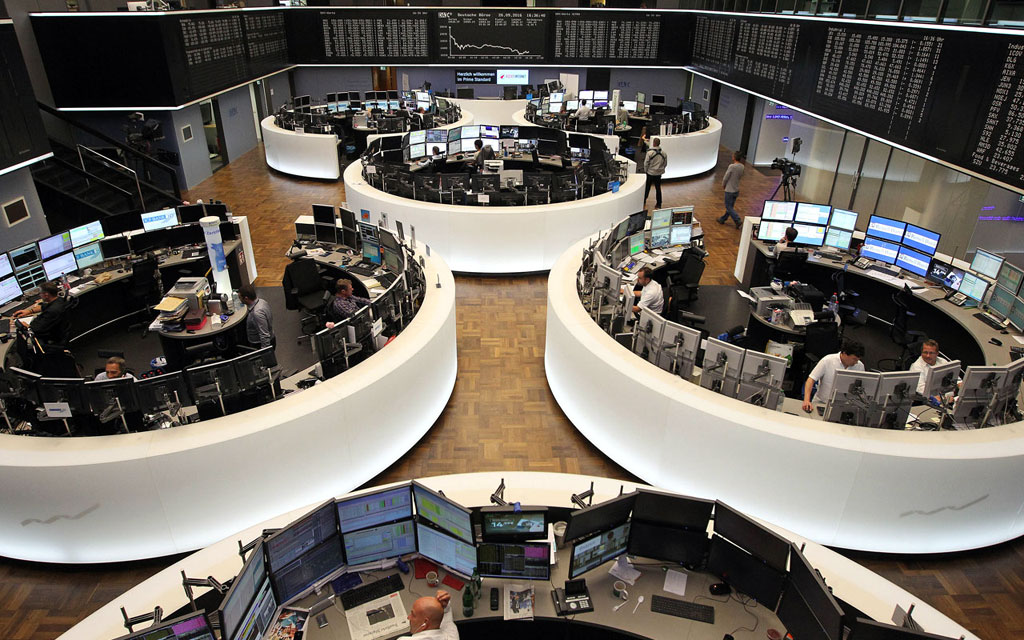 LONDON: Emerging tech stocks hit a one-month low on Tuesday gripped by a wider rout in the sector and rising concerns over trade wars with Turkish markets under pressure after data showed inflation remaining sticky.
LONDON: Emerging tech stocks hit a one-month low on Tuesday gripped by a wider rout in the sector and rising concerns over trade wars with Turkish markets under pressure after data showed inflation remaining sticky.
MSCI's emerging market technology index fell as much as 1.3 percent but later clawed back some of the losses with the overall emerging markets index now flat.
Technology shares have had a rough patch this year and suffered hefty losses on Monday after US President Donald Trump attacked online giant Amazon over the pricing of deliveries through the United States Postal Service, promising unspecified changes.
Markets were also still feeling the reverberations from Beijing's announcement on Friday that it would slap additional tariffs on up to $3 billion of US imports in response to Washington's tariffs on Chinese steel and aluminium products.
With trade a key driver of global growth, investors were closely watching the latest purchasing manager index (PMI) data, giving a flavour of the strength of economic expansion.
PMIs painted a mixed picture, confirming that growth momentum was slowing down a little, said Guillaume Tresca, senior emerging markets strategist, Credit Agricole.
"We reached the growth peak a few months ago and now it is declining a bit, but we are still optimistic," Tresca said.
"We don't see inflation, imbalances are less important than before, central banks are still dovish across emerging countries, commodity prices are still okay, the tightening from the Fed and even the European Central Bank is limited so far - so we don't have big concerns."
Data out on Tuesday showed activity in India's manufacturing sector expanded at its weakest pace in five months, following a release on Monday showing China's manufacturing activity expanded at its slowest rate in four months on faltering export demand.
The speed of expansion in much of emerging Europe as well as private sector growth in Saudi Arabia slowed, while South Korea's factory activity in March contracted for the first time in three month .
Even though manufacturing activity grew for a 13th straight month, data out of Turkey showed one of the most dramatic slowdowns.
But that was not the only concerning sign for investors, with the latest price data showing another stubbornly high reading with both core and wider inflation growing in the double digits year-on-year.
"Turkey has been under strong pressure and this morning it was not a good inflation report," Tresca said. "There are very strong negative base effects at the moment so normally inflation should decelerate but that is not the case, so the Turkish economy is close to overheating."
Turkey, which is one of emerging markets most vulnerable economies due to its heavy reliance on external financing, saw the lira trade a touch weaker. The lira has now weakened nearly 5 percent against the dollar since the start of the year and nearly 10 percent against South Africa's rand.
"The central bank is really behind the curve, the current account is widening, so we would expect the TRY to keep depreciating," Tresca added.
However, currencies elsewhere traded a touch stronger, with South Africa's rand, South Korea's won and Mexico's peso all strengthening 0.2 percent against the greenback. Russia's rouble steadied also benefiting from recovering oil prices and 2017 GDP growth being confirmed at 1.5 percent.
























Comments
Comments are closed.